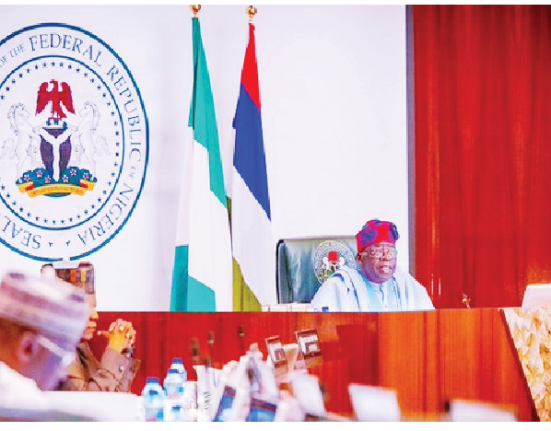A viral video circulating across social media platforms has been confirmed to be misleading, falsely portraying Sheikh Dr. Abdul Rahman Al-Sudais, the Chief Imam of the Grand Mosque in Makkah, as having recently offered a prayer specifically addressing the ongoing tensions between Pakistan and India. The clip, which has gained traction in several online circles amid heightened geopolitical discussions, has now been exposed as a doctored fabrication that misrepresents both context and content.
Upon thorough verification by religious authorities and media analysts, it has been established that the voice-over in the video is not recent. The audio was originally part of a heartfelt supplication made by Sheikh Sudais during a sermon delivered on August 30, 2022, in which he earnestly prayed for the people of Pakistan who were, at the time, suffering the devastating consequences of severe floods. The original dua was broadcast during a Friday khutbah and widely reported in international Islamic media.
Contrary to the claims being made in the viral footage, there has been no official statement, sermon, or prayer by Sheikh Sudais concerning any current friction between India and Pakistan. Additionally, the Presidency of Religious Affairs at the Two Holy Mosques has not issued any recent communication on the matter. This makes the video’s implications not only false but deeply concerning in light of the sensitivity surrounding inter-state relations and religious figures’ involvement.
Experts have warned that the video appears to be a product of sophisticated digital manipulation, likely involving artificial intelligence techniques to blend visuals from the Grand Mosque with the old audio. Such methods can dangerously distort public perception, particularly when they involve religious authorities whose words carry significant weight among millions of followers worldwide.
The misleading nature of the video has drawn strong responses from scholars, religious bodies, and digital media watchdogs, who have jointly cautioned the public against sharing unverified content. They stress the importance of confirming information through official and credible sources, especially in cases involving religion and international affairs.
This incident adds to growing concerns over the misuse of technology to spread misinformation, particularly in religious and political contexts. It also underlines the urgent need for media literacy among social media users and stronger safeguards against the exploitation of revered religious figures for ideological or political agendas.
KIIN360 advises its readers to remain vigilant and avoid engaging with or distributing such manipulated content. Misinformation not only distorts the truth but also threatens social harmony in an already delicate global climate.







